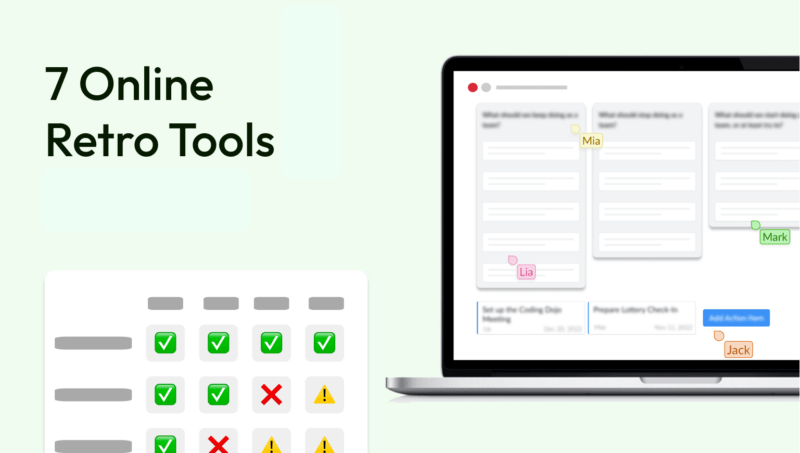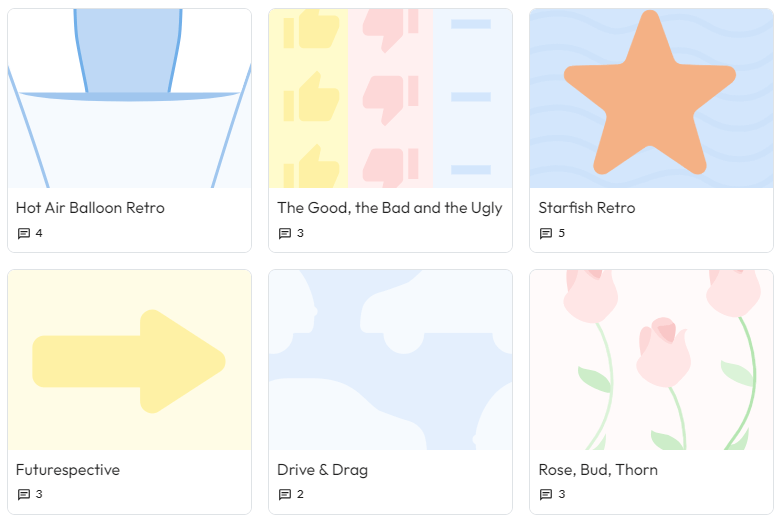There is hardly a technique in psychology that is more suitable to provide more motivation: good goals. In some companies it is still common to say: “Do your best.” It is proven: Specific, ambitious goals almost always lead to higher performance.
But how should these goals be designed so that the likelihood that they will be implemented is as high as possible?
Good goals are SMART
First, goals should be designed according to the SMART formula. That is, goals should have these five characteristics:
S - specific
M - measurable
A – appealing
R - realistic
T- terminated
This could be the example of a manager from a cell phone manufacturer who wants to better convey the meaning of work to his employees:
-
Specific & measurable: „I take an hour for each of my employees every week."
- appealing: „By exchanging information more regularly with my employees, I will get to know them better and be able to respond better to their needs.”
- Realistic: „I'll have lunch with them so I don't lose time."
- Terminated: „I will speak to a fixed team member every Tuesday for lunch at 12:00 p.m. in a fixed order."
If your goal meets these criteria, that's a good thing. However, sometimes it is difficult to set such goals in a meaningful way. What could that be?
Learning vs. performance goals
It could be because you set a performance goal, although learning goals would be appropriate.
For example, as a startup, we initially set ourselves the goal to reach at least 400 website visitors per month in 60 days. We only had 200 at the beginning. This roughly corresponds to the SMART criteria.
However, we had little idea how online marketing actually works in the beginning. And in this respect also a small chance of reaching the goal.
We have set ourselves a performance target - although a learning goal would have been better here. A better goal would have been: Within the next 30 days, we will find out and try out 5 methods to potentially get new website visitors. So the focus here is on learning something.
The more uncertain the general conditions are - in our case, we had little idea of online marketing - the more effective it is to set learning goals.
How safe are the general conditions for you? Are learning or performance goals appropriate? If you want to reflect on your goals in a targeted manner, take a look at our target retro.








